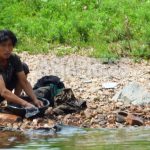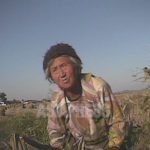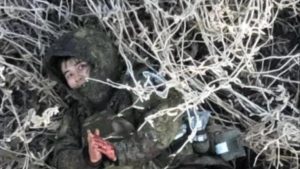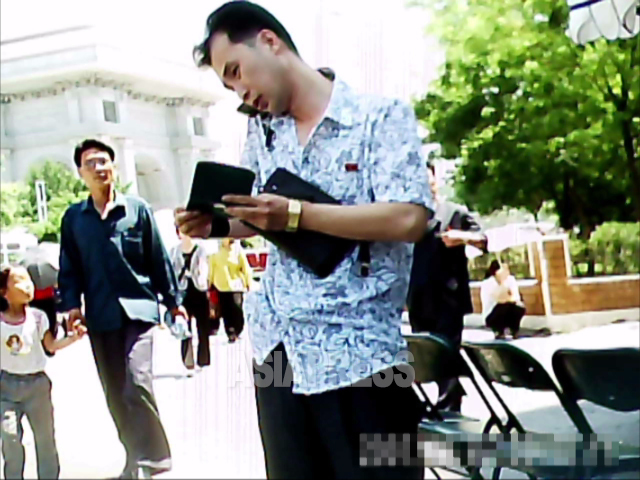
Taking advantage of the COVID-19 pandemic, North Korea completely reorganized its previous market-centered distribution structure under state leadership. In this process, donju who lost their foundation largely collapsed. However, recent reports indicate that new donju forces are emerging who intervene in the state distribution network to gain profits. Who are they, and what lies behind this development? (JEON Sung-jun / KANG Ji-won)
◆ Transformation of the Distribution System
After the 'Arduous March' of the 1990s, as North Korea's planned economy collapsed, private distribution networks dependent on Chinese imports developed, and during this process donju expanded their economic influence through distribution businesses. The Kim Jong-un regime wanted to seize control of the market-driven distribution network for political control and economic benefits, but since it was a sensitive area directly connected to citizens' daily lives, it was difficult to attempt easily, and ultimately chose coexistence with the market.
When the COVID-19 pandemic led to border closures and restricted inter-regional movement, the existing market-centered distribution network suffered major damage, bringing donju who primarily engaged in trade, transportation, and wholesale businesses to the brink of suffocation.
During this period, the Kim Jong-un regime pursued donju crackdown policies while simultaneously implementing the 'National Unified Price System' (fixed price system) for state-run stores, strengthening railway transport management, and building material storage warehouses near railway stations to establish a state distribution network.
At present, the state's monopolistic distribution network appears to have been established to a considerable degree. Reporting Partner A residing in North Hamgyong Province reported the following in June:
"Since this year, city and provincial commercial management offices have been transporting seafood, industrial products, and other regional materials using railways and distributing them through state-run stores. What private traders used to do is now being done by the state."
Let's examine state monopoly distribution and how it operates in more detail.
◆ What is State Monopoly Distribution?
To understand state monopoly distribution, it would be helpful to compare it with the past market-centered distribution system. The main changes are as follows:
Import → Production:
Items that were previously imported in large quantities from China were replaced with domestic products where possible. North Korean authorities pursued what they call a powerful trade policy of 'National Unified Trade.'
Wholesalers → Commercial Management Offices:
The role of donju who handled product distribution and wholesale to each region was completely taken over by state-affiliated commercial management offices.
Transport Operators → State-led Transport Methods:
The logistics business of individual transport operators called 'car traders' was replaced with state-led transport methods centered on railways.
Jangmadang → State-run Stores:
The system shifted from the past jangmadang-centered sales structure to one centered on state-run stores with jangmadang limited to a supplementary role.

Particularly important in the current distribution system is the state's role in overseeing everything. Commercial management offices (commercial bureaus), which are state agencies, integrate management of the entire distribution process and perform the following roles:
○ Product Receipt: Systematically securing domestically produced goods and some imported items
○ Regional Allocation: Regional product allocation considering demand and supply
○ Transport Coordination: Transport coordination through state logistics networks centered on railways
○ Material Management: Preventing material losses during distribution and quality control
○ Sales Supervision: Overall supervision of the sales process reaching final consumers through state-run stores
※ Commercial management offices are practical agencies affiliated with city and county people's committees (governments) that organize, control, and manage regional distribution.
While it looks plausible, does it actually work well? Reporting partners say the state-led distribution structure has limitations.
◆ "The State Has No Money"
The big problem is transportation - vehicles and fuel, says Reporting Partner A.
"In Hamhung, Chongjin, and major cities, there are as many products (in state-run stores) as in the previous jangmadang and wholesale is possible, but these are mostly places near railway stations, and in distant places, product procurement is limited due to transportation means."
A says the state lacks money to operate the new distribution system, and donju are providing the power.
"It sounds good, but since (the state) has no money, donju are doing everything under the name of commercial management offices. Individuals register vehicles they purchased with commercial management offices and handle both material transport and retail/wholesale delivery."
A continued: "Commercial management offices collect products produced in factories and supply them to state-run stores, but since there are no transportation means needed for this, individuals affiliate with state agencies to receive wages while also making money."
A then specifically introduced a case that occurred nearby:
"Recently, the OO city commercial management office sold seafood brought from Chongjin at low prices in state-run stores, but in reality, since (the commercial management office) had no money, an individual provided the money under the commercial management office's name to bring it. It's called a commercial management office, but it's donju making money."
◆ Rising Donju
Reporting partners in Ryanggang Province also reported the evolved behavior of donju. At the end of June, Reporting Partner B in Ryanggang Province reported:
"While donju used to distribute (products) through jangmadang in the past, now they sometimes receive seafood or materials from rural areas under the name of commercial management offices and sell them wholesale at state-run stores."
Reporting Partner C in Ryanggang Province went a step further, explaining that donju connect directly with the state distribution network to make money.
"Since private transactions are cracked down on, donju become commercial management office employees to avoid crackdowns. Even at state-run stores, when donju are in charge, they place family members or relatives as salespeople to make money. Foreign currency stores and consignment purchase stores that sell imported goods are all operated by donju."
Donju who borrow the name of state distribution agencies or affiliate with state agencies to make money. It's still unclear by what standards and methods these people invest in state businesses and how they distribute profits. However, what we can know is that they are attempting to establish relationships with state power in a way that is clearly different from the past - by proactively entering the system.
The next article will examine the role of donju more specifically in connection with the 'Socialist Enterprise Responsibility Management System' that appears to be in full implementation at enterprise sites in North Korea. (continued >>4)
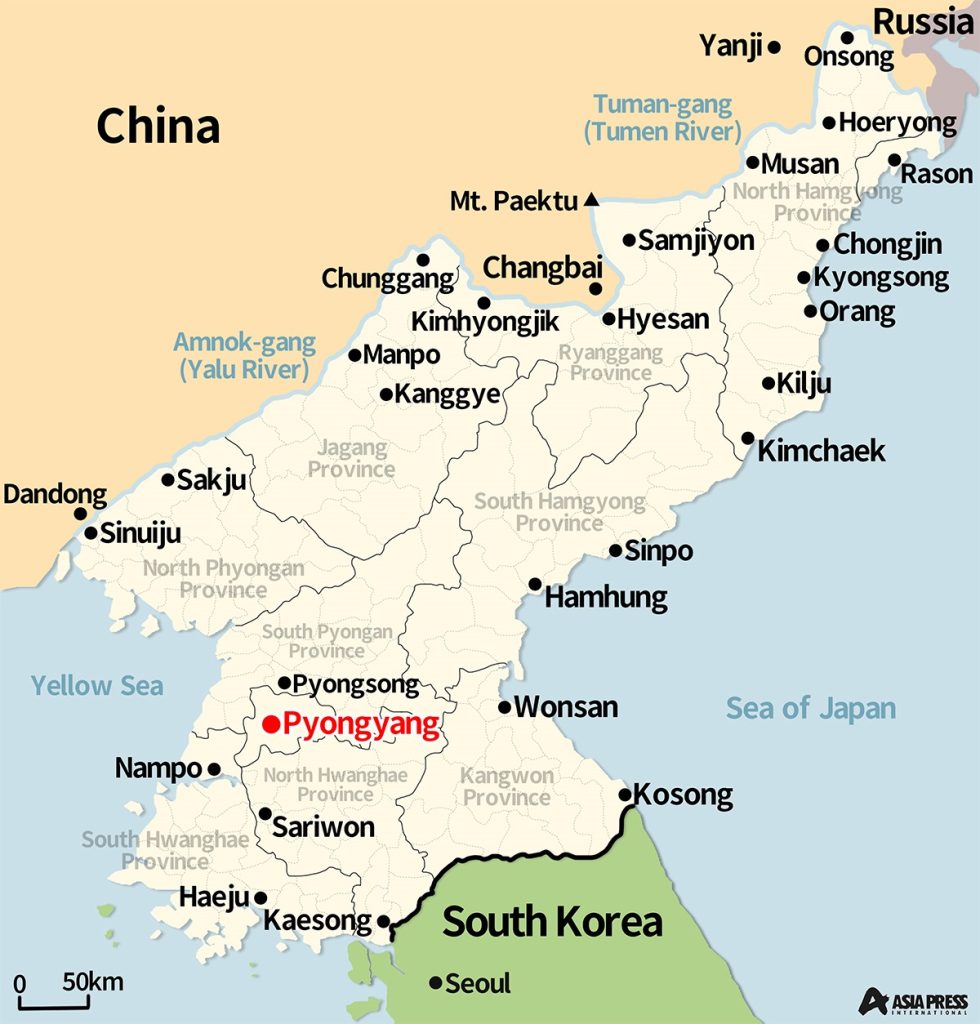
- <Inside N. Korea>Large influx of Russian flour appears underway... Regular sales through grain stores, rations to major mines. Residents without cash unable to purchase
- <Inside N.K> Former Midwife was arrested for Illegal Abortions as Kim Jong Un Regime Targets Birth Control: "They Don't Even Sell Contraceptives... Women Are Suffering"
- <Inside N. Korea> Internal Document Leaks Give Kim Regime Headaches... Digitization as Countermeasure (1) 'Preventing Secret Leaks' Directive Document Obtained and Released
- North-China Border 1,000km Journey by a North Korean Defector and Fourth-Generation Korean-Japanese (1): To the Closest Point to My Ancestral Land, North Korea
- <Inside N. Korea>'Show Me What's in Your Phone' - A Student Souple Resisted the Overly Strict Inspection, But...
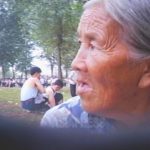
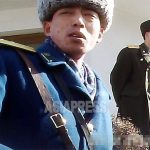
![<PHOTO REPORT>Sino - N.Korea Border [PART1]Things Still Tense in Border River Area After Purge of Jang Song-taek](https://www.asiapress.org/rimjin-gang/wp-content/uploads/2018/07/20140610_r_asiapressNK03X45-150x150.jpg)
